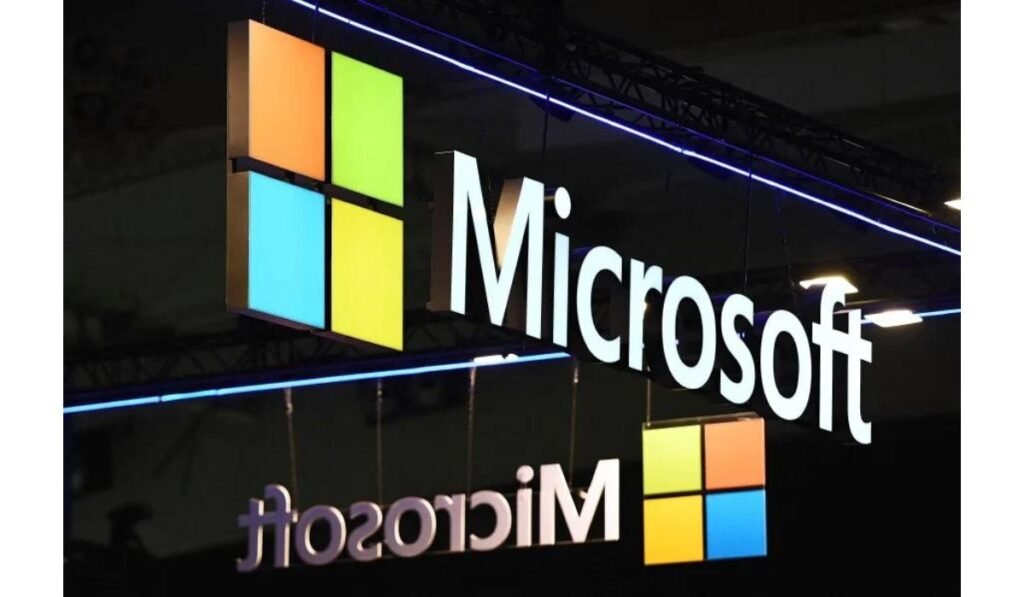Microsoft President Brad Smith said the tech company’s high profile deal with the United Arab Emirates-backed AI firm G42 could eventually involve the transfer of sophisticated chips and tools — a move that a senior Republican member of Congress warned could have national security implications.
In an interview with Reuters this week, Smith said the sales accord — the many details of which are being reported here for the first time — could progress to a second phase that entails the export of crucial components of AI technology such as model weights, a crown jewel of AI systems that determine how powerful they are.
There is no firm timeline for the second phase, Smith said.
U.S. officials warn AI systems could pose security risks by making it easier to engineer chemical, biological, and nuclear weapons.
The Biden administration in October required makers of the largest AI systems to share details about them with the U.S. government.
To move forward, the deal would require the approval of the U.S. Department of Commerce.
Microsoft executives said the agreement has safeguards to protect Microsoft’s technology and prevent it from Chinese entities using it to train AI systems.
But those measures have not been made public, and some U.S. lawmakers question whether they are adequate.
Moreover, the UAE Microsoft Deal reflects a broader trend of international collaborations in the tech industry. As nations strive to stay competitive, partnerships like this become increasingly common. The UAE benefits from Microsoft’s advanced technology and expertise, while Microsoft gains access to a new and growing market.
read more
image source








